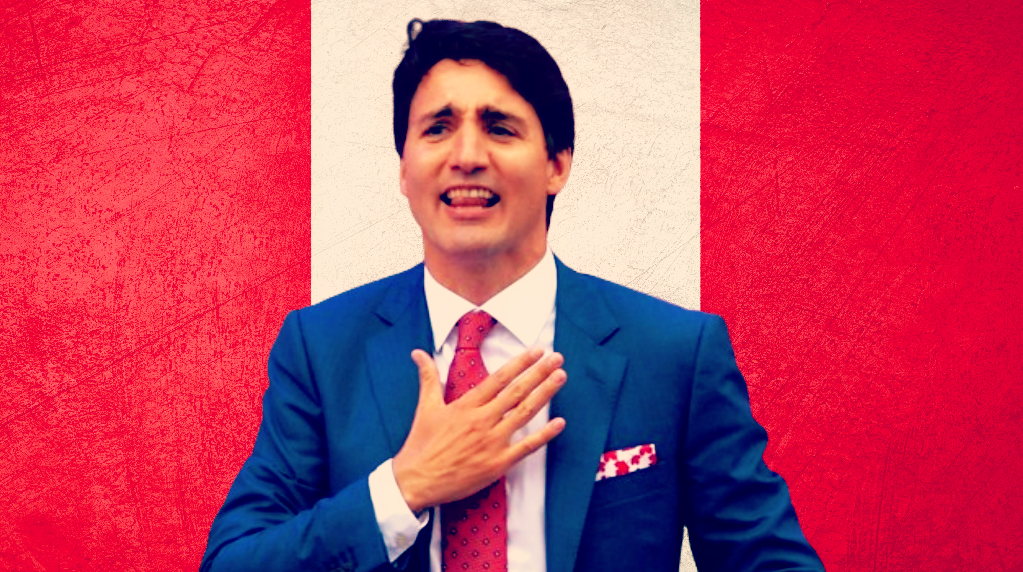In 2024, a significant shift occurred in the immigration policies of Western nations, marking a departure from a decade characterized by arguably unsustainable migration strategies. Many countries in Europe and the United States, led by figures such as Donald Trump and the America First movement, began to advocate for stricter immigration controls. Notably, Canadian Prime Minister Justin Trudeau, previously viewed as a champion of liberal immigration policies, announced a drastic change in Canada’s immigration approach. This decision stemmed from a recognition of the pressing challenges that arose in the wake of the COVID-19 pandemic, prompting Trudeau to admit his government had struggled to strike the right balance between labor needs and sustainable population growth.
Trudeau’s government initially faced intense criticism for proposing the entry of 500,000 new permanent residents in each of the following two years, a plan deemed excessive by many. In response to public pressure and the resulting backlash, Trudeau revealed that Canada would now aim to welcome 395,000 new permanent residents in the next year, with reductions to 380,000 in 2026 and 365,000 in 2027. During a public address, he contextualized this policy adjustment as a necessary measure—essential for enabling the government to better manage health care, housing, and social services, which had become overwhelmed by rapid population growth.
As announced, Trudeau’s approach seeks to pause population growth temporarily, allowing the economy time to adjust and implement necessary reforms. He underscored immigration’s importance for Canada’s future, emphasizing the need for a controlled and sustainable system. Reflecting his administration’s shifting stance, Immigration Minister Marc Miller acknowledged the evolving public opinion regarding immigration policy and noted that while the government aims to lower immigration numbers to alleviate the housing shortage, Canada would still be welcoming to outsiders.
The adjustment in Canada’s immigration policy was not only a response to domestic pressures but also a reaction to international contexts and criticisms. Former President Donald Trump seized the opportunity to critique President Biden’s immigration policies, framing them as ineffective compared to the adjustments being made in Canada. Trudeau addressed the importance of stabilizing population growth in order to facilitate comprehensive changes across various sectors, asserting the need for thoughtful and measured immigration approaches that align with current societal needs.
Trudeau’s reversals in policy have brought forth considerable opposition at home. Critics, particularly from the Conservative party, have accused him of dismantling the long-standing bipartisan consensus on immigration that existed for over a century. Opposition leader Pierre Poilievre articulated that Trudeau’s mismanagement had led to a breakdown of Canada’s immigration framework and had compromised the affordability of housing, with many Canadians feeling the negative ramifications of the influx. This political dissent was further amplified by calls from inside Trudeau’s own party for him to forgo another term, showcasing a significant internal struggle within his political sphere.
As Canada adjusts its immigration strategies amidst broader societal and economic challenges, the changes reflect a growing awareness that immigration must align with the country’s capabilities to support its population effectively. The scrutiny surrounding Trudeau’s policies signifies a larger dialogue about immigration in the western world, where discussions about the balance between welcoming immigrants and ensuring societal readiness have been ignited. The year 2024 may thus serve as a pivotal moment in reshaping not only Canadian immigration policy but also the global discourse around migration and its associated challenges.

